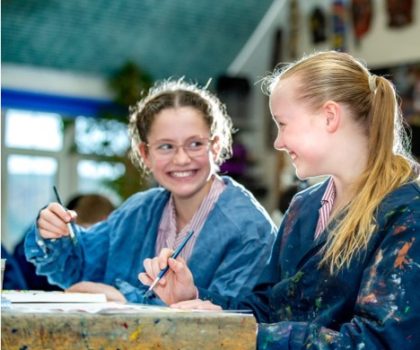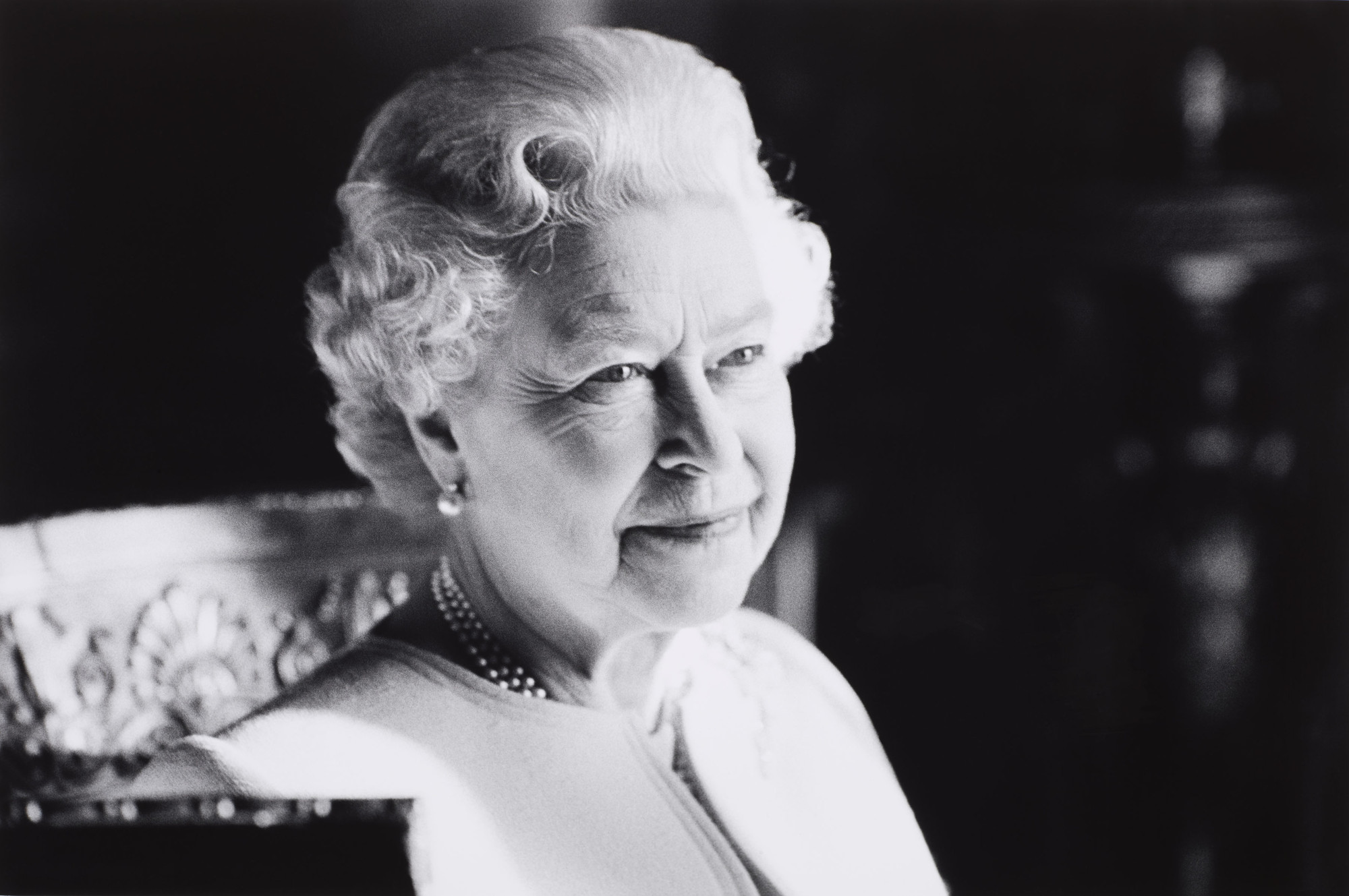I’m trying to calmly take stock of the pantomime profiles of independent (private) schools in the media. To be honest, the caricatures haven’t changed much during my six years of Headship, and they remain clickbait for ideological tussles and class war mudslinging.
The quiet (hopefully) intelligent voice inside reminds me that whilst arguments rumble on, schools of all kinds continue to do great work in good faith on behalf of their young people and are far more diverse in character than any binary state vs independent partition.
At Bradford Grammar, we think of ourselves as an independent school because independence lives at the heart of our modern-day identity. The European Convention on Human Rights was established in the aftermath of the Second World War, the first protocol of which protects a parent’s free choice in the education of their children reflective of religious and philosophical convictions. The convention explicitly protects plurality in education in the UK and across Europe, initially conceived to provide a check on the power of the state and the preaching that might emanate from classroom pulpits. It’s worth reflecting on the significance of this intention at the present time when clamouring ideologues and proliferating think tanks are dragging much of our political discourse away from the liberal centre ground and off into the wings. Independent schools are not all the same, the clue is in our name. Plurality encourages freedom and helps to limit the reach of the state by encouraging diversity of thought and action.
Inherent variety characteries the UK educational landscape, it exists within the independent sector too. But there once existed a time when variety was even more pronounced than now, when ‘public’ and grammar schools did not cosy up as ‘independent’ school bed fellows. BGS and other grammars were once supported by the Government’s Direct Grant, funding places and thus maintaining a wide social mix. This funding was withdrawn by a Labour administration in 1975 with the intention of driving grammar schools into the expanding, comprehensive system. The Government gambled that grammars like BGS would not have the financial wherewithal to subsist outside of the increasingly prescriptive state school system. However, imbued with the spirit of the European Convention of Human Rights, and sometimes a regional suspicion of Westminster, Direct Grant grammars chose overwhelmingly to embrace independence to protect their autonomy and bespoke ability to serve local communities. Thus, the law of unintended consequences created conditions for over a hundred new fee-paying schools to swell the sector. In one stroke, a marriage between grammar and public schools was achieved.
We reflect on all of this in the present when schools like BGS face growing and potentially new cost pressures. The potential imposition of VAT on fees and/or removal of charitable status, coupled with other unprecedented cost hikes represents a challenge. Shrinkage of the sector will have marked impacts, not just on plurality in the educational scene. The Independent Schools Council (ISC, the umbrella association to which BGS belongs) reports on the value of ISC schools and the sector more widely to UK plc. Their most recent analysis, commissioned from Oxford Academics, indicated that the 1,317 ISC schools “contributed £11.63 billion to the UK economy … supporting some 257,000 jobs and £3.5 billion of annual tax revenues in the process”. It was also suggested that, scaling up findings to all independent schools in the UK, the estimated worth of the sector was “£13.71 billion in terms of GDP, supporting 303,000 jobs and £4.12 billion in tax revenue.
Shifting the focus closer to home, using Oxford Economics methods and data for the academic year 2021/22, we have done some sums for Bradford Grammar School. It transpires that BGS added £22.6 to UK GDP of which £10.67 million is the School’s direct contribution to GDP in Bradford. £2.78 million was paid in taxes by the School and its staff. The saving to the state was £7 million through our pupils not taking up a place in a maintained school. Alongside this, BGS is a significant business in our city employing 250 people directly and supporting a further 224 jobs nationally The potential loss of BGS and institutions like it would represent a significant hit for local and regional communities and ultimately the nation.
And so far, we’ve dealt only in cold metrics. There is much to be said about independent schools acting as de facto conservation reserves for niche and arts subjects and also a broad range of co-curricular pursuits that are sadly being squeezed from other settings. Additionally, there is the extensive partnership and public benefit activity into which the sector commits itself with local schools and community groups.
The histories of Bradford and Bradford Grammar School are intertwined. BGS aspires to be of value to our city and region, fostering aspiration and good learning, and ultimately providing opportunities to improve as many young lives as possible. Moreover, our alumni champion civic causes, such as the Odeon regeneration project and Bradford City of Culture 2025 bid. Others, including the late Sir Ken Morrison, David Hockney and the Brownlee brothers have, and continue to, enhanced Bradford’s reputation nationally and internationally.
We are not complacent, of course, and strive to contribute even more, to be a good neighbour. Significant fee assistance is also provided at BGS to enable children from all sections of our community to attend the school, a pillar of our mission. Improving social mobility and cohesion in Bradford is at the heart of our historic purpose and we are grateful to our benefactors whose vision and support continues to make this possible.
Present quarrels about ‘private schools’ are largely ideological in foundation and seemingly blind to context and nuance, including economic. I wonder when the subtleties of risk and benefit will be weighted dispassionately before national policy decisions might once again herald far reaching consequences, intended or otherwise.
“At Bradford Grammar, we think of ourselves as an independent school because independence lives at the heart of our modern-day identity. ”







Be Social!